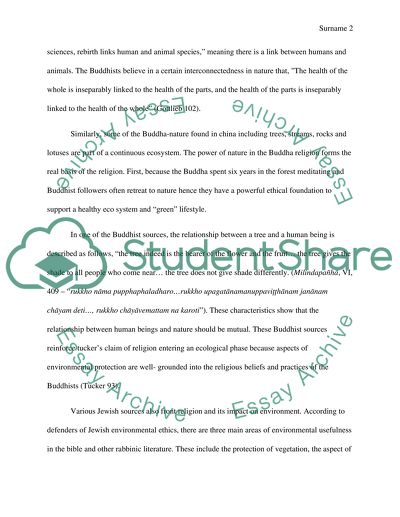Cite this document
(“The environmental crisis Essay Example | Topics and Well Written Essays - 1250 words”, n.d.)
The environmental crisis Essay Example | Topics and Well Written Essays - 1250 words. Retrieved from https://studentshare.org/religion-and-theology/1488526-the-environmental-crisis
The environmental crisis Essay Example | Topics and Well Written Essays - 1250 words. Retrieved from https://studentshare.org/religion-and-theology/1488526-the-environmental-crisis
(The Environmental Crisis Essay Example | Topics and Well Written Essays - 1250 Words)
The Environmental Crisis Essay Example | Topics and Well Written Essays - 1250 Words. https://studentshare.org/religion-and-theology/1488526-the-environmental-crisis.
The Environmental Crisis Essay Example | Topics and Well Written Essays - 1250 Words. https://studentshare.org/religion-and-theology/1488526-the-environmental-crisis.
“The Environmental Crisis Essay Example | Topics and Well Written Essays - 1250 Words”, n.d. https://studentshare.org/religion-and-theology/1488526-the-environmental-crisis.


